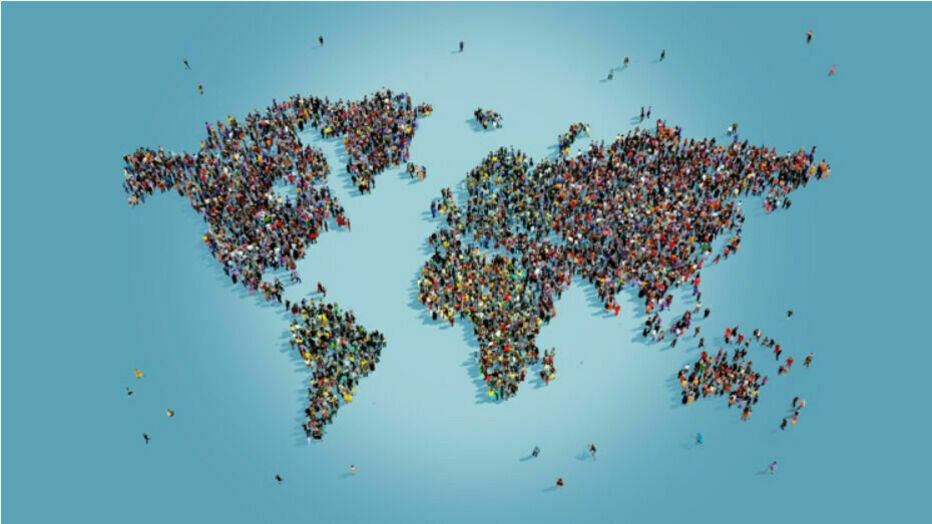Posted 31 марта 2023, 09:29
Published 31 марта 2023, 09:29
Modified 31 марта 2023, 11:11
Updated 31 марта 2023, 11:11

By the end of the XXI century, only 6 billion people may remain on Earth
A study by ecologists and economists commissioned by the Club of Rome showed that, contrary to forecasts, by the end of this century, the world's population will not grow to 11 billion people. On the contrary, by the middle of the century, growth will stop, and by 2100 there will be only 6 billion people on our planet.
This was reported by the authors of the study, participants of the Earth4All project, LiveScience writes. Their analysis showed that if current trends continue, the world's population, which now stands at 7.96 billion people, will reach its maximum of 8.6 billion people by the middle of the century, and by the end of it will decrease by almost 2 billion.
There is both a good and a bad side to this forecast. On the one hand, population reduction will partly solve environmental problems. On the other hand, it will lead to the fact that humanity will age, there will be fewer people of working age, and the young will be forced to work to provide pensions and medicine for everyone.
The Earth4All forecast is at odds with the UN demographic forecast of 2022, according to which the world population will reach 9.7 billion people by 2010, and 10.4 billion by 2100. Ten years ago, the UN predicted 11 billion people by the end of the century. As a rule, such forecasts are calculated based on factors affecting women's social independence and bodily autonomy, such as access to education and contraception. The Earth4All model is more complex, it combines variables related to the environment and the economy: the amount of energy, social inequality, food production, income levels and the consequences of future global warming.
According to this model, two outcomes are possible. If the authorities continue to do nothing, then the future of humanity will be environmental vulnerability and regional collapses. In this case, the population will increase to 9 billion people by 2050 and decrease to 7.3 billion in 2100. A more optimistic scenario involves investment in education, progress towards equality and a transition to green technologies. In this case, by the middle of the century, 8.5 billion people will live on the planet, and by 2100 — 6 billion.
Another conclusion of the study was that the key factor influencing climate change is not the total population, but the high level of consumption of the richest people in the world, which needs to be reduced. "The main problem of humanity is wasteful consumption of carbon and the biosphere, not the population. The places where the population is growing the fastest have an extremely insignificant impact on the environment per person compared to places where the population peaked many decades ago," the authors of the study write. "We know that rapid economic development in low-income countries has a huge impact on fertility rates. They are declining as girls gain access to education and women gain economic opportunities and access to better health care".